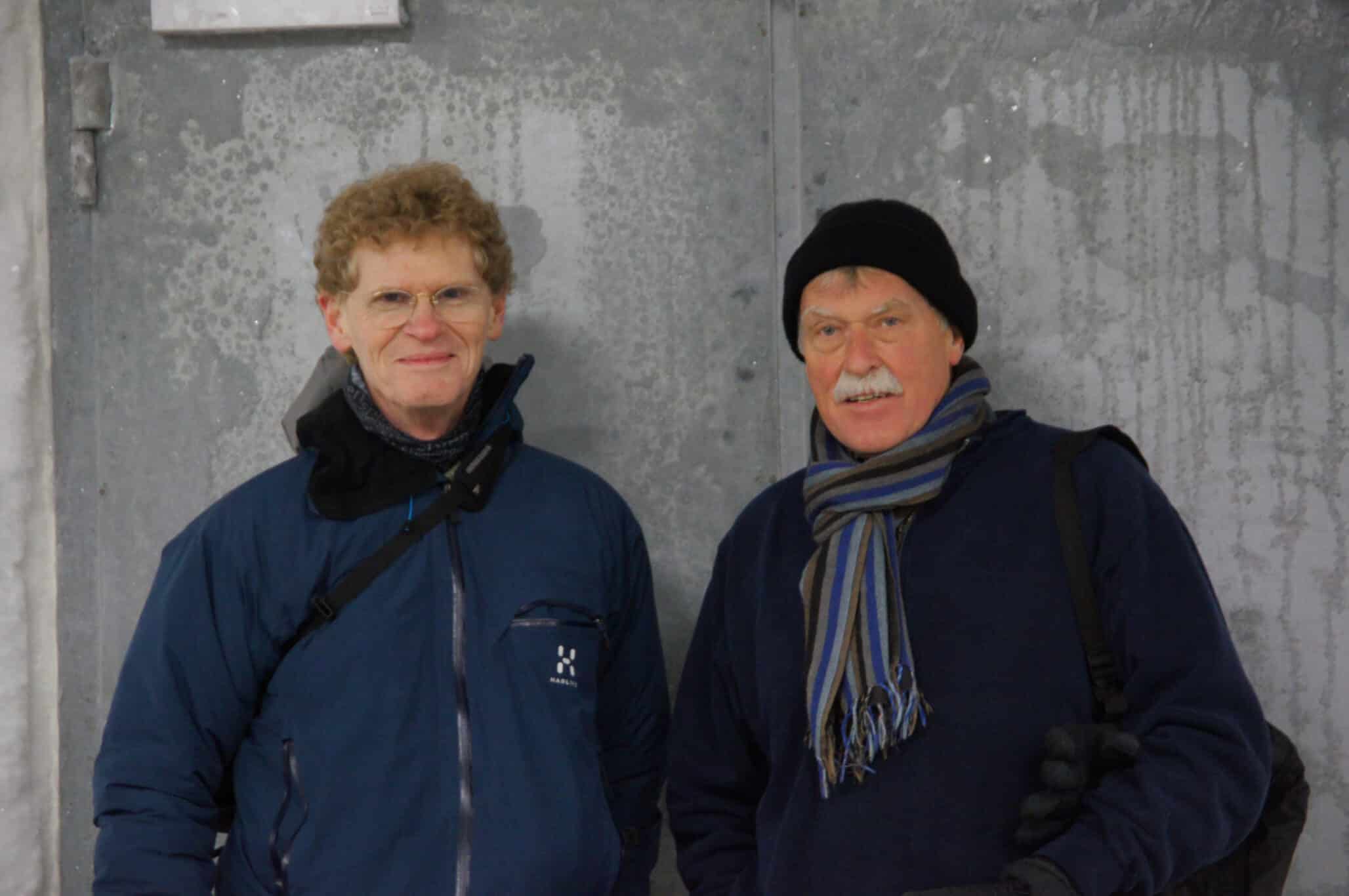Syngenta and the Analytics Society of INFORMS are proud to recognize a team from Germany as the winner of the 2019 Syngenta Crop Challenge in Analytics.
The competition invited math and data analytics experts to use real-world agriculture data to create predictive models that could potentially help scientists accelerate the development of more resilient seed hybrids that can perform in diverse environments.
The winning team, which included Bogdan Georgiev, Kostadin Cvejoski, Cesar Ojeda, Jannis Schuecker and Anne-Katrin Mahlein, was awarded a $5,000 prize for the submission, “Combining expert knowledge and neural networks to model environmental stresses in agriculture.”
They represented the Fraunhofer Research Center for Machine Learning within the Fraunhofer Institute for Intelligent Analysis and Information Systems (IAIS) in Germany. A recent interest in using machine learning in agriculture spurred their interest in the Crop Challenge.
“Our team included computer scientists, data scientists and a mathematician,” says Bogdan Georgiev. “We had no prior experience with agriculture, so it was quite a thrill and a challenge to compete with the other contestants and contribute to agricultural research.”
Hosted by the Analytics Society of the Institute for Operations Research and the Management Sciences (INFORMS), the leading international association for operations research and analytics professionals, the competition concluded during the 2019 INFORMS Conference on Business Analytics & Operations Research in Austin, Texas. The four finalist teams presented their submissions for evaluation by the prize committee.
“All of the finalists brought the level of analytical thinking needed to solve some of the tremendous complexities we face in agriculture,” says Nicolas Martin, assistant professor at the University of Illinois at Urbana-Champaign, Crop Challenge prize committee chair and member of INFORMS. “The team from the Fraunhofer Research Center for Machine Learning demonstrated how its methodology can enhance agricultural research in a tangible way.”
The runner-up submission, “Crop stress classification using deep convolutional neural networks,” authored by Saeed Khaki and Zahra Khalilzadeh from Iowa State University, U.S.A., received a $2,500 prize.
The third place entry, “Engineering meteorological features to select stress tolerant hybrids in maize,” authored by Gordan Mimic, Sanja Brdar, Milica Brkic, Marko Panic, Oskar Marko and Vladimir Crnojevic from the BioSense Institute, Serbia, received a $1,000 prize.
“Cross-discipline collaboration can help us discover new ways to use agriculture data to inform seed breeding research and development,” sats Gregory Doonan, head of novel algorithm advancement, Syngenta, and Crop Challenge judge. “The winning team represented the forward-thinking approach needed to improve crop productivity to meet the needs of a growing population.”
The Syngenta Crop Challenge in Analytics was established in 2015 with funding provided by prize winnings awarded to Syngenta in connection with the company’s 2015 win of the Franz Edelman Award for Achievement in Advanced Analytics, Operations Research and Management Science, the world’s most prestigious award for achievement in the practice of analytics and operations research.
The competition seeks collaboration across disciplines to discover new ways of improving crop productivity, which aligns with the Syngenta global commitment to accelerate innovation in a changing world.











